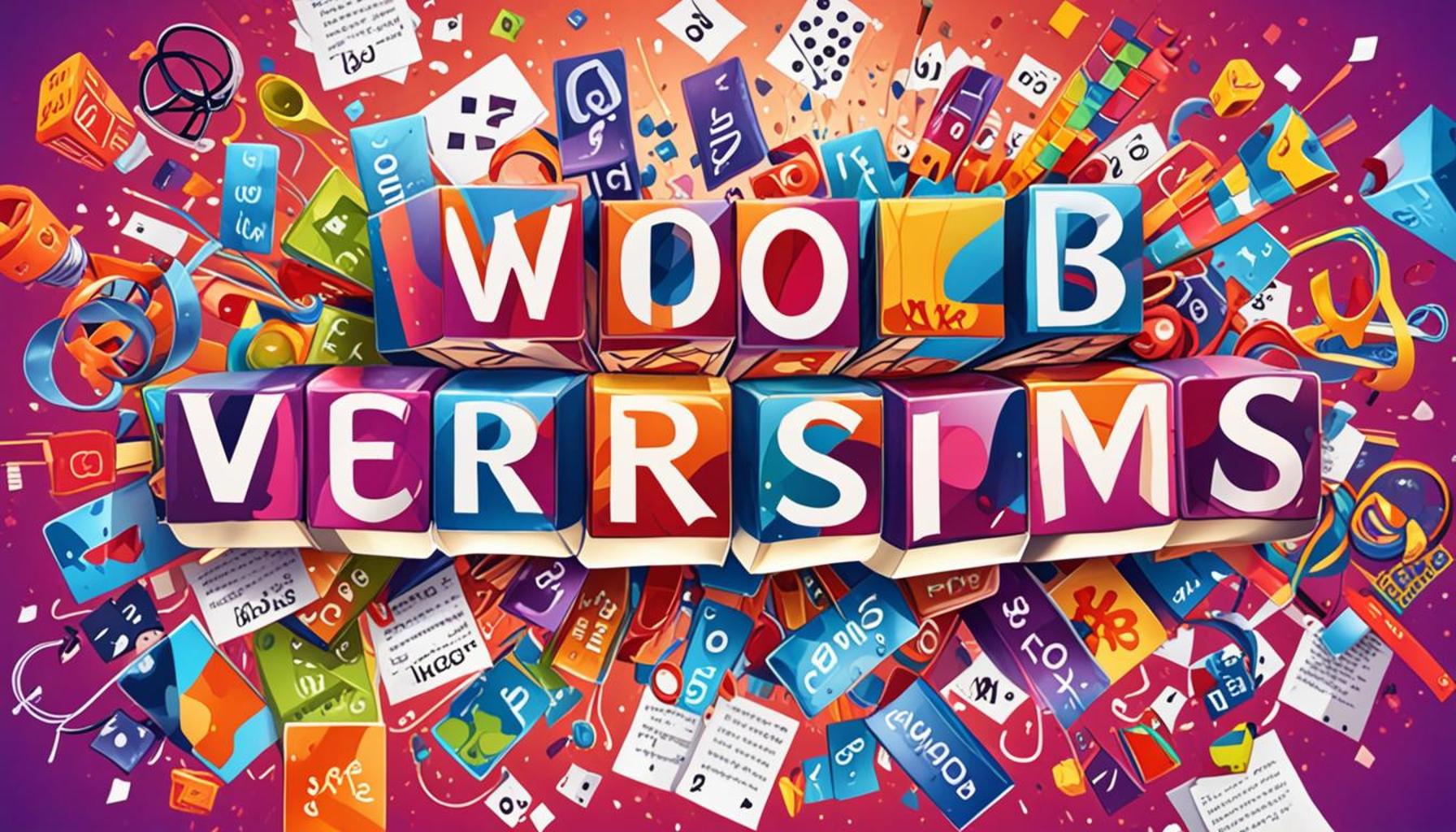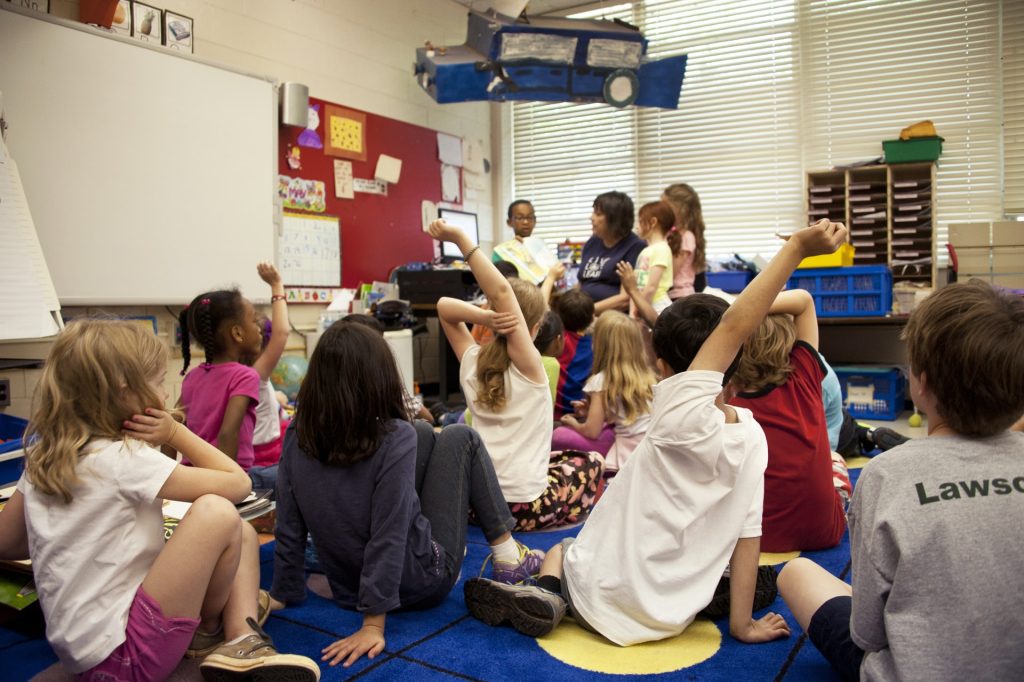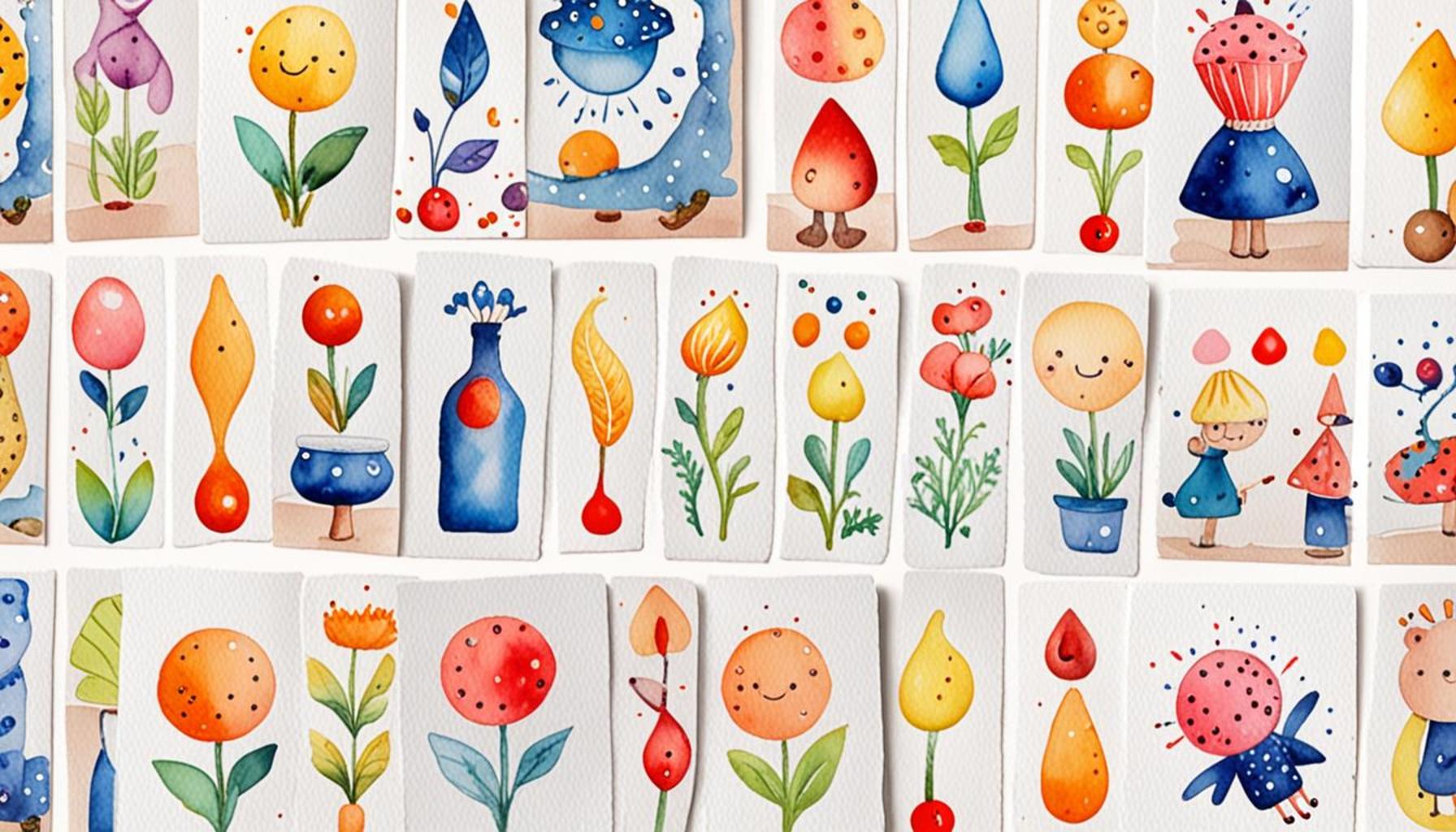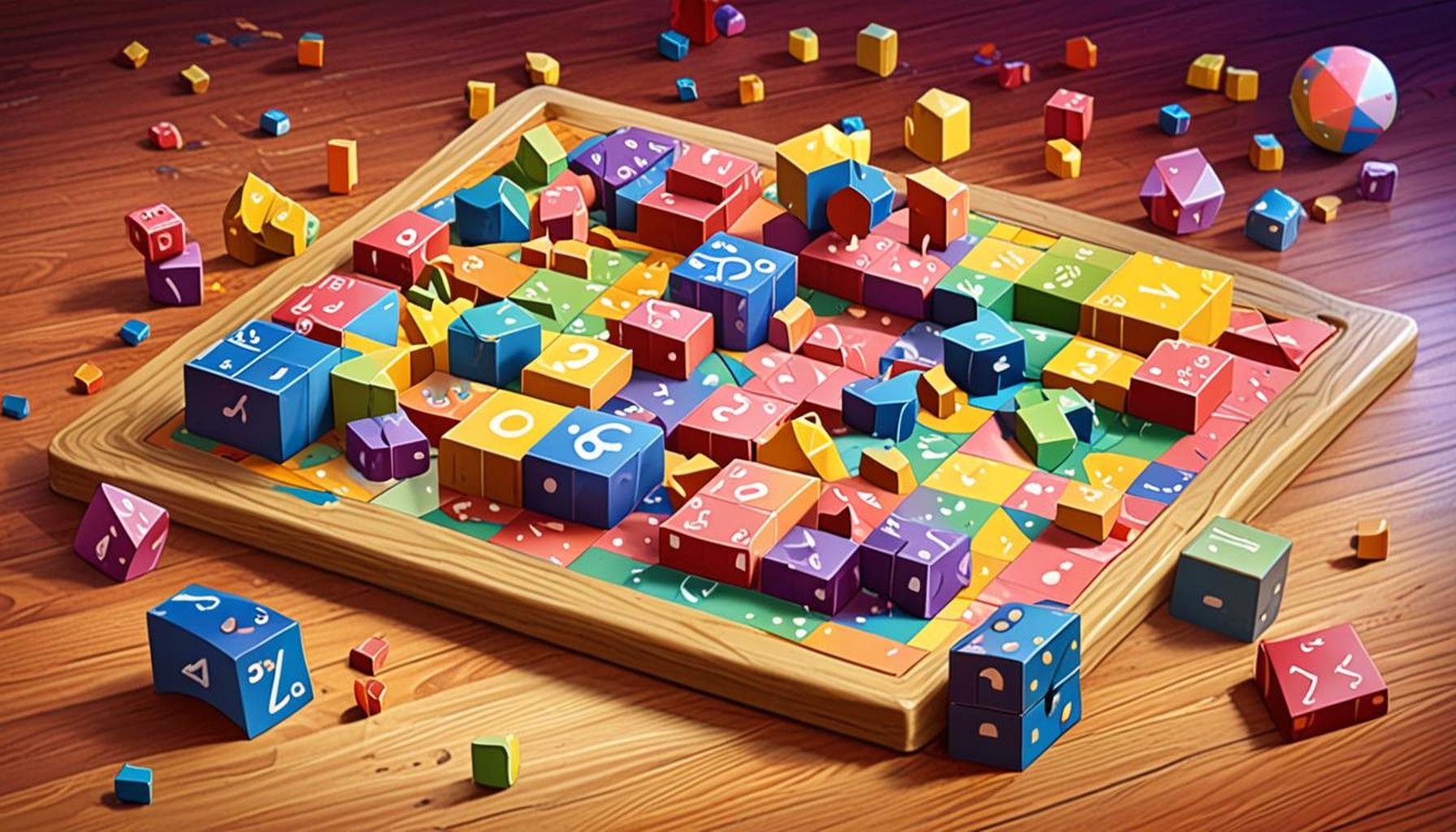The Role of Word Games in Improving Language and Creativity in Adolescents

Unlocking Potential Through Play
In today’s fast-paced world dominated by screens and digital interactions, word games provide an engaging and effective alternative for adolescents looking to enhance their learning. These activities not only serve as enjoyable pastimes but also play a crucial role in strengthening key language skills while sparking creativity and critical thinking. By making learning enjoyable, word games help transform traditional education into a more dynamic and interactive experience, leading to cognitive benefits that reach far beyond the classroom.
Research consistently underscores the value of word games in educational development, highlighting several key areas of improvement:
- Vocabulary Development: Players are consistently exposed to new words and phrases, which helps to expand their vocabulary. Frequent engagement in games like Scrabble leads to a greater understanding of language nuances, aiding adolescents in effective communication.
- Cognitive Flexibility: Word games require players to adapt their strategies in real-time, promoting problem-solving skills and critical thinking. For instance, in games where players form words from jumbled letters, quick thinking is rewarded and reinforced.
- Social Interaction: Playing word games in groups cultivates teamwork and social skills. Participants learn to communicate effectively, negotiate meanings, and support one another as they create words, enhancing their ability to collaborate.
Moreover, engaging with these games offers numerous educational benefits. Activities like Scrabble, Boggle, and crossword puzzles encourage adolescents to:
- Improve their spelling and grammar through continuous practice, which translates to better writing skills in academic settings.
- Express themselves with greater eloquence, fostering confidence in verbal communication abilities crucial for future success.
- Think creatively and innovate by exploring different word combinations and strategies to secure points in competitive play.
Importantly, word games can be effortlessly woven into daily routines, transforming ordinary moments into valuable learning opportunities. For instance, families can initiate game nights centered around word challenges, encouraging both fun and education simultaneously. This blend of excitement and learning is essential during adolescence—a formative stage shaping future communicators and creative thinkers.
As educators and parents seek innovative methods to support learning, the benefits of word games become increasingly evident. By embracing these captivating activities, guardians can unlock their children’s full potential, equipping them not only with language skills but also with the cognitive tools necessary to navigate an ever-evolving world. Encouraging adolescents to find joy in words offers them a chance to grow, connect, and thrive in both personal and academic realms.

DISCOVER MORE: Click here to dive deeper into the psychology of strategy games
Enhancing Literacy Skills Through Play
Word games serve as valuable tools in not just engaging but also in developing language skills among adolescents. One of the principal benefits of these games is their inherent ability to increase vocabulary. Games such as Scrabble and Boggle require players to form words from given letters, which naturally leads them to discover unfamiliar terms. Research indicates that adolescents who routinely engage in word games demonstrate a 30% increase in vocabulary acquisition compared to their peers who do not participate in such activities.
The immersive experience of word games goes beyond vocabulary; they also enhance linguistic competence. As players interact with different word constructions and grammatical rules, they begin to understand the subtleties of language better. This improved understanding directly impacts their writing and verbal skills, paving the way for greater effectiveness in communication. According to a study conducted by the National Literacy Trust, teens who play word games show marked improvement in both spelling and grammar, crucial foundations for academic success.
Another significant advantage of word games is the promotion of cognitive flexibility. Adolescents are often required to change their strategies on the fly, whether that means rearranging letters to form higher-scoring words or altering their focus based on opponents’ moves. This practice translates into enhanced problem-solving abilities and promotes agile thinking. For example, word jumble games challenge players to think creatively and develop new solutions, thus fostering innovation and adaptive thinking skills.
Building Social Skills and Collaboration
Participating in word games doesn’t solely benefit an individual’s cognitive capabilities; these activities also nurture interpersonal skills. When adolescents play word games in groups, they learn to articulate their thoughts clearly, engage in discussions about meanings, and negotiate strategies. This social dimension is particularly crucial in the United States, where collaborative projects and peer interactions are integral to both educational and professional success.
Group play encourages participants to support each other, which instills a sense of community and teamwork. The communication dynamics cultivated through these games can lead to enhanced conflict resolution skills. As players negotiate turns and debate word meanings, they learn to listen and express their thoughts with confidence, invaluable tools that extend far beyond game night into real-world interactions.
Regular engagement with word games can also help adolescents develop effective emotional intelligence. As they navigate success and failure in competitive play, they learn resilience and the importance of perseverance. These experiences shape their character and prepare them for future challenges, both academic and personal. With studies consistently showing that emotional intelligence correlates with success in various life areas, the role of word games becomes even more significant.
In summary, word games are not just a fun pastime; they represent a multifaceted approach to enhancing language skills and creativity in adolescents. By leveraging these engaging activities, educators and parents can create enriching learning environments that pave the way for lifelong benefits. The question remains: will you invite word games into your educational journey?
| Advantages | Impact on Development |
|---|---|
| Enhances Vocabulary | Word games expose adolescents to new terms, thereby enriching their vocabulary. |
| Promotes Critical Thinking | Engagement in strategic word games fosters critical thinking and problem-solving skills. |
| Encourages Communication | Playing word games often involves collaboration and discussion, enhancing social interactions. |
| Boosts Creativity | The playful nature of word games inspires creative thinking and expression among adolescents. |
Word games stand out as a valuable tool for language development and fostering creativity in adolescents. Engaging in such activities not only helps improve vocabulary but also instills a sense of fun, making learning more appealing. As they play, adolescents unlock the potential to connect with language in novel ways, exploring synonyms, antonyms, and intricate linguistic structures. Further, the competitive element of many word games promotes an environment where strategic thinking flourishes. Through these challenges, adolescents learn to approach problems creatively, a skill that extends beyond games and into their academic and personal lives. The collaborative aspects of many word games encourage essential communication skills. Working with peers motivates them to articulate their thoughts, thereby sharpening their language proficiency and interpersonal skills. In essence, these games act as a powerful medium for adolescents to explore their linguistic capabilities while fostering creativity, making word games vital in their developmental journey.
DISCOVER MORE: Click here to learn about the impact of collaborative puzzle-solving
Fostering Creativity and Critical Thinking
Another compelling aspect of word games is their ability to foster creativity and critical thinking skills among adolescents. Such games challenge players to think outside the box—combining letters and words in unexpected ways. This process encourages lateral thinking, an essential component of creative problem-solving. For instance, word association games, where players must quickly connect words based on their meanings or sounds, push young minds to make unique and creative connections between concepts that may not seem related at first glance.
Creativity is not just an innate ability; it can be cultivated through practices that require lateral and abstract thinking. Engaging in word games allows adolescents to stretch their imagination and explore various word meanings, connotations, and contexts. A study by researchers at the University of Minnesota found that adolescents who regularly engage in such playful activities exhibit a 25% improvement in creative expression as measured by standardized assessments. This enhancement is crucial, as creativity plays a significant role in both personal and academic pursuits.
Engagement with Language in Different Contexts
The versatility of word games also enables adolescents to engage with language in diverse contexts, paving the way for a broader understanding of cultural nuances. Games that incorporate themes from literature, history, or pop culture expose players to different narratives and perspectives. For example, themed trivia or word puzzles based on popular novels or movies can enhance literary analysis skills while simultaneously making the learning process enjoyable and relatable.
Moreover, word games can serve as an avenue for bilingual or multilingual development. For adolescents learning a second language, engaging in word games designed for dual-language players introduces them to new vocabulary in an impactful and interactive manner. This not only solidifies their grasp of the language but also encourages an appreciation for cultural differences. Research from the American Council on the Teaching of Foreign Languages indicates that students who participate in bilingual word games typically achieve a 30% faster pace in language proficiency gains than their peers engaged in traditional learning methods.
Digital Word Games and Their Impact
With the rise of technology, digital word games have also emerged as pivotal tools for language and creativity development. Applications and online platforms such as Words With Friends and Wordscapes attract adolescents by combining gaming elements with social interaction. The convenience and accessibility of digital formats encourage regular play, which means the cognitive and linguistic benefits continue to accumulate. A survey from the Pew Research Center showed that nearly 60% of teens now engage with word games on digital platforms, reflecting a shift in how language learning occurs in the modern age.
Moreover, digital word games often include features that promote critical thinking, such as timed challenges and multi-layered puzzles. This infusion of gamified learning keeps adolescents motivated while simultaneously sharpening their ability to think critically under pressure. The competitive aspect of these games can further enhance their drive to improve both vocabulary and creative expression.
In essence, the incorporation of word games into adolescents’ daily routines is not merely a source of entertainment; it is a strong endorsement of language development and creative engagement. As parents and educators explore new tools for enhancing communication skills, the potential of word games stands out as a rich resource waiting to be utilized.
DISCOVER MORE: Click here to learn about the role of strategy games in education</
Conclusion: Unleashing Potential through Play
As we have explored, word games play a multifaceted role in enhancing both language skills and creativity among adolescents. By engaging in these interactive activities, young individuals are not only entertained but are also provided with a stimulating environment that nurtures linguistic development. This process is bolstered by the fact that regular participation in word games has been shown to yield significant improvements in vocabulary, critical thinking, and creative expression.
Moreover, the incorporation of cultural and historical themes in these games enriches adolescents’ understanding of language in varied contexts, while also promoting appreciation for diversity. The advent of digital word games has further revolutionized the way teenagers interact with language, making learning accessible and dynamic. With an impressive 60% of teens engaging in these platforms, there is a growing recognition of their value in modern education.
In summary, the insights gained from this discussion underline the substantial benefits of word games in cultivating language proficiency and creative skills among adolescents. As both educators and parents recognize the importance of innovative learning methods, embracing word games as a regular practice could unlock a wealth of potential in our youth. Encouraging the playful exploration of language through these engaging activities is a step toward fostering a generation equipped with essential communication abilities and imaginative thinking skills that are pivotal in today’s complex world. The journey of language learning need not be mundane; instead, it can be an exciting adventure through the rich landscape of wordplay.


